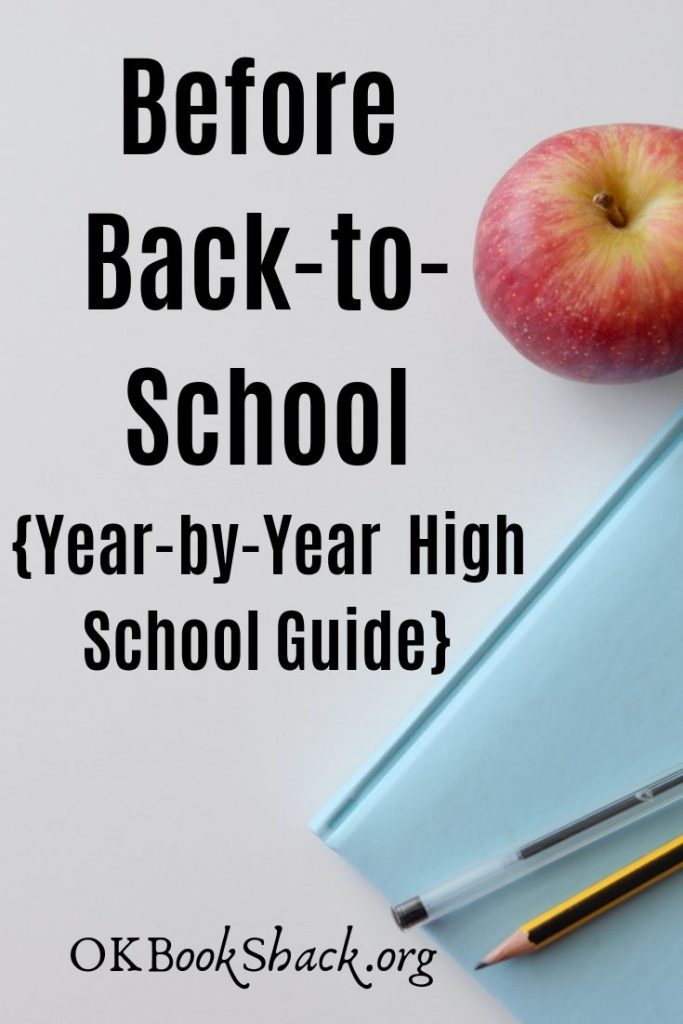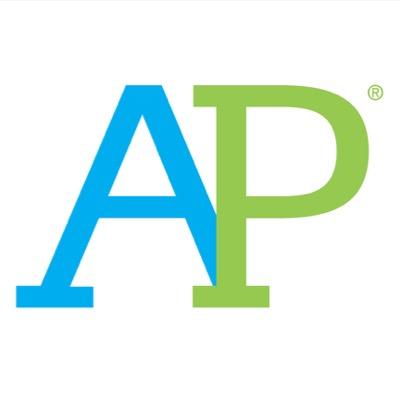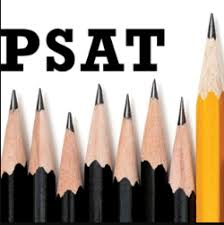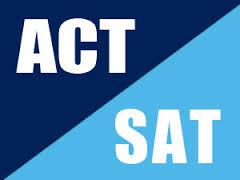
Here is some back-to-school advice for kicking off a fantastic high school career! As part of the Schoolhouse Review Crew Not-Back-to-School blog hop, she’ll spend the week talking about middle and high school.
9th Grade

Welcome to high school! This year will be an academically-rigorous year, as your student navigates the more stringent requirements of high school curriculum. There will be more critical thinking, longer and more in-depth writing, and more-detailed reading assignments. You’ve got this!
- Students can expect to feel ‘behind’ for up to a few months as they adjust to the rigors of high school. At this point, your student has probably been working independently at school, but jump in there a little more often to offer up assistance or just be sure they understand the material.
- This is a good year to focus on honing those study skills. We will be talking about this topic quite a bit, beginning next week!
- Begin your transcript of the high school record now. It is much easier to add to it yearly than to try and recreate it entirely the senior year!
- Examine your state’s graduation requirements and choose a ‘track.’ Will your child attend college or begin a career after graduation? Will it be a four year or two year college? The answers to these questions help determine which classes to take during high school.
- As early as 9th grade, your student can begin taking AP courses and CLEP tests toward college credit. (See 11th grade.) One is probably enough for a freshman.
10th Grade

As a sophomore, your student now has experience working at the high school level and should be expected to perform accordingly. You’ll want to focus on the high school track, practice tests, and academic performance.
- If you haven’t already done so, now is the time to nail down a ‘track.’ The graduation requirements for college-bound students differ from those of career-bound students. Within the college-bound track, there are also differences for those pursuing a 2 year versus 4 year or advanced degree. If you still aren’t sure, work with the college-bound requirements, as it’s going to be easier to drop back than try to make it all up during senior year!
- While the PSAT scores won’t count until 11th grade, your student can take a practice test this year to see how s/he ranks academically. This may help determine whether to take it in 11th grade to compete for scholarship monies.
- Taking the PSAT this year also serves as good practice for upcoming college entrance exams.
- Take this year to brush up on your study skills. The academic load of 10th and 11th grade is the meat and potatoes of your high school transcript. Make it count!
11th Grade

This is THE year! Eleventh grade seems to go both quickly and slowly as your student juggles classes, tests, and begins applications. Focus on application deadlines and keeping those academic grades up!
- The PSAT is used to determine National Merit Scholarships, which can mean big bucks and full rides. It is taken in October at a local high school. Homeschool students must register ahead of time (start calling in August, when school starts). See more information here.
- Both the ACT and SAT have registration deadlines of about four weeks prior to the testing date. Take your preferred test in the fall, and then retest in spring if needed. If you’ve taken the PSAT already in 10th grade, you’ll have an idea of what to expect. We’ll be posting a longer post, breaking down each of the tests, later this month.
- One option for dual-enrollment (course counts on both high school and collegiate transcripts) is to attend a community college or take classes online through a college. Each school has specific requirements, but registration should be done during the summer months. Call the school to ask for details.
- Students can take AP or CLEP tests to obtain dual credits – these are classes that count toward both high school and college. We will have a more in-depth look at this topic next month.
- AP tests must be taken on a certain date at an authorized testing center. These are usually in mid-May, but students must register in the fall or early spring. Learn more about taking AP tests here.
- CLEP tests may be taken any time, but must be taken at an authorized testing center. You purchase the exam online and set up the testing date. Learn more about CLEP tests.
- Before investing in dual enrollment, AP tests, or CLEP exams, be sure that your intended college will accept them and apply them to the correct class (rather than as an elective)!
12th Grade

The last year will go by much faster than you expect! Things to work on immediately include: scholarship applications, college applications, letters of recommendation, and repeating entrance exams (if necessary) to improve scores. Your best bet for keeping track is to make a list….or three.
- Scholarships can be as small as $200 or as large as $100,000. Hopefully your student began applying for them back in 10th or 11th grade, not only for more opportunities but also to get the practice.
- Check out local organizations (such as the Masons or Elks), apply for college-specific scholarships to the intended school, and look online. Some common places to check include Scholly, FastWeb, ScholarshipMonkey, and Scholarships.
- Don’t discount small scholarships. You have a better chance of getting one of these than the coveted larger amounts. Score a few smaller ones, and they will really add up!
- As fall progresses, many students are going to be seeking letters of recommendation. Typically, one to four letters are required from teachers, administrators, and / or community representatives. For military academies or appointments, a letter from a congressman may be requested. Line up those people who you would like to request to write a letter of recommendation, and go ahead to contact them and see if they are willing to write the letter. You CAN use the same letter for multiple applications, so be sure to make a few copies of the original.
- Work experiences teach communication and time management skills in addition to any job-related skills. This is a good year to take on a part-time job to help bank college money.
—oOo—
Yvie has 20+ years experience in education and counseling, and has a passion for helping other homeschool moms! You can find more of her thoughts over on her blog Homeschool On The Range.

Welcome to day Three of the Not Back to School Blog Hop for 2019. This year we have 30 home educating Mom’s writing daily encouragement to equip you for the year ahead. Each day we will introduce you to a few of our team and the topics they will be writing about and at the bottom of each post is a linky where all of our bloggers will be sharing their posts with you
- Yvie @ Homeschool On the Range – 5 Days of Upper Grades Homeschooling
- Yvonne @ The Life We Build – 5 Days of Relaxed Homeschooling
- Destiny @ Some Call It Destiny – Encouragement for the Homeschooling Mom
- Karen @ Tots and Me…Growing Up Together – A Peek into Our Homeschool
- Cassie D @ Deputie Tribe – Homeschooling 6 Taking Care of YOU
We invite you to grab a cuppa and share in the encouragement as you visit our bloggers who are shareing their hearts with you today in the Linky below.
